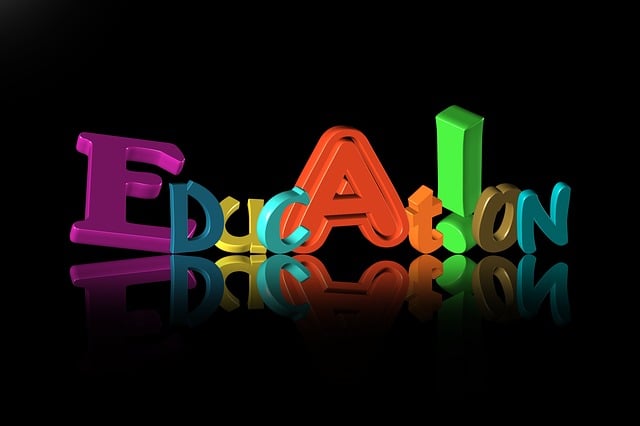语言问题(LanguageProblem)
1Language is one of the most important tools we have for communication, yet it is also one of the most complex and controversial issues in human society. Language is a vital part of our identity, culture, and heritage. It is the medium through which we convey our knowledge, beliefs, and emotions, and it shapes the way we perceive the world around us. However, language can also be a source of division, misunderstanding, and conflict, particularly when it comes to issues of politics, culture, and identity.

2The language problem is particularly acute in multilingual societies, where people speak different languages, and there is no universally accepted lingua franca. Language barriers can lead to exclusion and marginalization, particularly for those who are not fluent in the dominant language of the society. This language divide can also have serious consequences for economic and social mobility, as those who cannot speak the dominant language fluently may struggle to find work or access education.
3Another significant issue related to language is the question of standardization. Many languages have multiple dialects or regional variations, which can create confusion and misunderstandings. In some cases, standardization can promote linguistic unity and help to mitigate misunderstandings. Still, in other cases, it can lead to the loss of dialects and regional expressions, which are essential aspects of cultural heritage.
4Another problem related to the language is the perception of cultural superiority. There is a notion of linguistic imperialism in which speakers of a particular language believe that their language is superior to all others. This can lead to denigration of other languages and a lack of tolerance for language diversity. It can also lead to the suppression of minority languages, which are often seen as inferior.
5In conclusion, the language problem is complex, multifaceted, and deeply embedded in human society. It presents significant challenges to individuals, communities, and societies, including issues related to inclusion, economic and social mobility, and cultural preservation. However, it is also an essential aspect of human identity and is intimately connected to our cultural heritage and history. To address the language problem, we must recognize its complexity and work towards solutions that promote linguistic diversity, cultural tolerance, and inclusion. There is no one-size-fits-all approach to addressing the language problem, but there are many steps we can take to promote understanding, respect, and dialogue across linguistic and cultural boundaries.
end
补充:
















